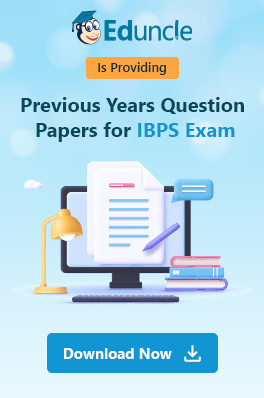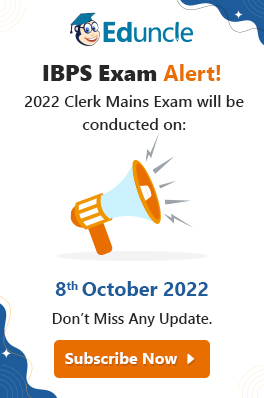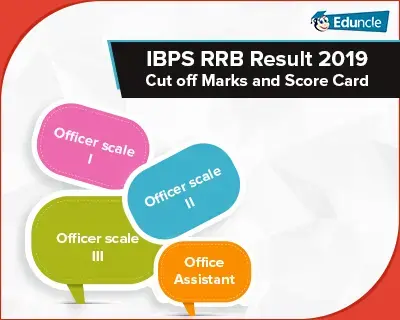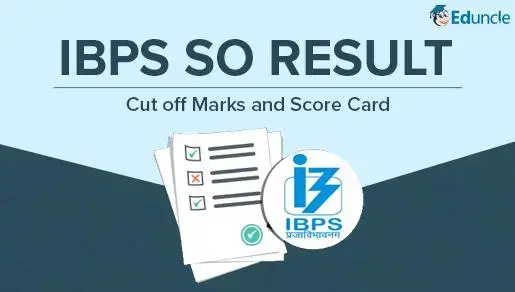Although many candidates get a good job in their field. However, they are not satisfied. Many questions come into their minds such as: -
What is the best career option for the long-term?
What will I get in the upcoming 5 years from my job?
Should I start to study for government exams? If yes, what for?
How can I work without any interference?
It’s time to turn your career into your bright future. If you want to enhance your career in the banking sector, then in this blog you will get all your answers to your questions related to the Banking Career
IBPS Exam is one of the ways to get a bank job in India. There are many benefits to working in a bank: -
Provide the best salary of their employees on time.
Time to time promotions.
You will work without any interference under the government.
Bank employees manage the financial system which plays a crucial role to maintain the economy of our country.
You will get individual growth.
Daily face new challenges.
Stable Job.
If you are selected for IBPS Exam then you will get immediate posting as compared to other exams.
A bank is an institution which provides many services such as accepting fund, loans, ATM, Cheques, bank account, locker facility, fund transfer, passbook, foreign exchange services to their clients at the top end of the market.
Every year, many candidates clear the IBPS written exam, but they are rejected in the interview round. If you are also preparing for the IBPS Interview Exam and want to avoid rejection, then this is the right place for you.
In the previous chapter, we have mentioned the complete details of the Principle of Core Banking. Now we have discussed the basic information of the Bank which can be asked in the IBPS Interview. You should read further if you are preparing for a banking Interview and want to avoid rejection in the final round.
Types of Functions
There are 2 types of bank functions.
Primary Functions
Secondary Functions
Primary Functions
Primary functions help to manage the economy of the country. It includes accepting deposits and granting loans & advances. The details of primary functions are given below: -
Accepting Deposits
In accepting deposits, banks secure the customers’ money and provide an actual investment with interest while customers can get loans through the granting loans function.
Saving Deposit - It is a personal account in which customers can save their earing and get interest from their bank.
Fixed Deposit - A person can deposit a fixed amount once for a certain period of time.
Current Account - It is used for business purposes.
Recurring Deposit - A person can deposit a fixed amount every month for a certain period of time.
Granting Loans and Advances
Cash Credit – It is a short-term loan facility that takes for a Home Loan and other property.
Bank Overdraft – Current account holders can take a loan through Bank overdraft.
Loans – It is a short-term and long-term facility for various purposes such as education, medical, etc.
Discounting Bills - In daily business, a seller sends bills and a seller can get discounts through these bills from a bank.
Get the Free IBPS Study Material designed by Experts
Secondary Function
It is also an important function which provides many other services such as fund transfer, cheque facility, locker facility, etc. It is divided into two parts.
Agency Functions
Funds Transfer
Cheques Collection
Periodic Payments/ Collection
Portfolio Management
Utility Functions
Locker facility
Underwriting of shares
Dealing in foreign exchanges
Project reports
Social welfare programs

Note: - If you want to appear in Banking Exams, then know all the latest news of Upcoming Bank Exam here.
Types of Bank Account
A bank account is a monetary account with a banking institution recording the balance of the money for a customer. There are many types of bank account: -
Saving Account
Current Account
Recurring Deposit Account
Fixed Deposit Account
FCNR Deposit Account
NRO & NRE Account
Saving Account
A saving account is the most popular kind of individual account in which a person can save money for personal use. It cannot be used for business transactions. A person can open a saving account single or jointly.
In Saving Accounts, a person needs to keep the minimum balance to maintain these accounts by the bank. Normally, 1000 INR is required for it, but some banks open it in zero balance. The salary account is an exception in it.
Bank doesn’t allow to do the unlimited free transaction for saving account. An account holder can withdraw 4 times in a month through ATMs without any charge after that bank will charge some fee for it.
Customers receive interest in return from the bank when they deposit their extra money. In India, banks provide a minimum interest of 3.5% and a maximum interest of 8%.
Current Account
The current account is just the opposite of the saving account. It is used for business transactions and business purposes only. It doesn’t require keeping a minimum balance in the account and you can make many transactions in a month without any charges through ATM.
In the current account, you will not get any interest. There are two types of current account: -
Individual current account – small business transaction under name of the person.
Corporate current account – big business transaction under the name of the company.
Recurring Deposit Account
When a customer pays a fixed amount every month for a certain period of time, then this type of account is called Recurring Deposit Account. RD account can be opened for a minimum of 6 months and maximum of 10 years.
There are many benefits to have an RD Account.
Fixed monthly investment option
Fixed duration of the investment
Fixed Interest Rate
TDS (Tax Deducted at Source) not applicable
Flexibility of investment
Get Expert Designed Study Plan for IBPS Here!
Fixed Deposit Account
In this type of account, a fixed amount is paid only once for a certain period of time. You will get a higher rate of interest in the FD account as compared to the saving account. In India, you can apply for a loan also against FD certificates. The minimum period of time is 3 months for FD by a resident of India. Many customers open an FD account for TDS.
FCNR Deposit Account
The full form of FCNR Deposit Account is Foreign Currency Non-Repatriable Account. This account is best suited for NRI (Non-resident Indians) and PIO (Person of Indian Origin). It is like a fixed deposit account in which NRIs and PIOs can deposit their money in any foreign currency for one to five years. After that, they can receive investment with interest in the same foreign currency.
NRO and NRE Account
NRO is a non-resident ordinary saving account. As per the name of both accounts, NRO and NRE can be used by NRI to save their money. But, the difference is their money must be generated from an Indian source for NRO Account, and for NRE Account, deposit money must be generated from the external source. Customers can withdraw their deposit money only in Indian Currency.
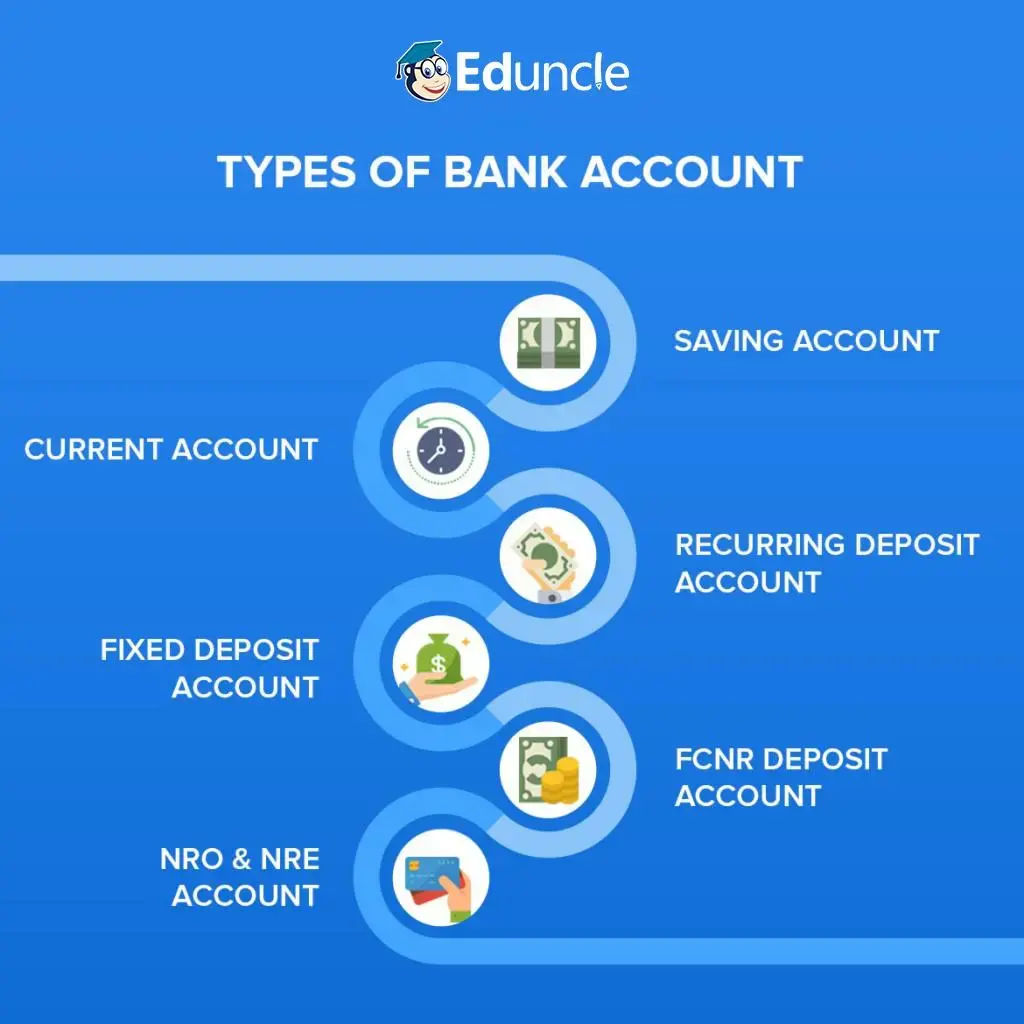
Types of Risk Faced by a Bank
When you go to the IBPS Interview, it can be asked how many types of risk a bank can face? So, we have mentioned all about the risk faced by a bank in the table below: -
| Name of Risk | Reason to get Risk |
| Market Risk | Instability in Market Value of Marketable Securities. |
| Interest Rate Risk | Fluctuations in Interest Rate. |
| Foreign Exchange Risk | Variation in Exchange Rate. |
| Operational Risk | Failure of Daily Activities, System. |
| Liquidity Risk | Less Cash. |
| Credit Risk | Failure to receive the amount of Credit Cards from the borrower. |
| Reputation Risk | Failure to making the stability of banks' brand and reputation. |
| Business Risk | No Profit or Loss in Business. |
| Systemic Risk | Cascading Failure which affects the financial system of the whole industry |
| Moral Hazard | It occurs when a person takes more risks because someone else bears the cost of those risks. |
You can also Read: -
Types of Cheques
Generally, a cheque is used by account holders to pay or withdraw a large amount of money. A cheque involves drawer, drawee, and payee. A person who issues the cheque is called drawer while payee is a person or organization who presents the cheque for payment. A bank plays an important role as a drawee between the drawer and payee in which drawer has an account.
There are seven types of cheque issued by a bank: -
Open Cheque
A person can issue an open cheque to pay money in cash.
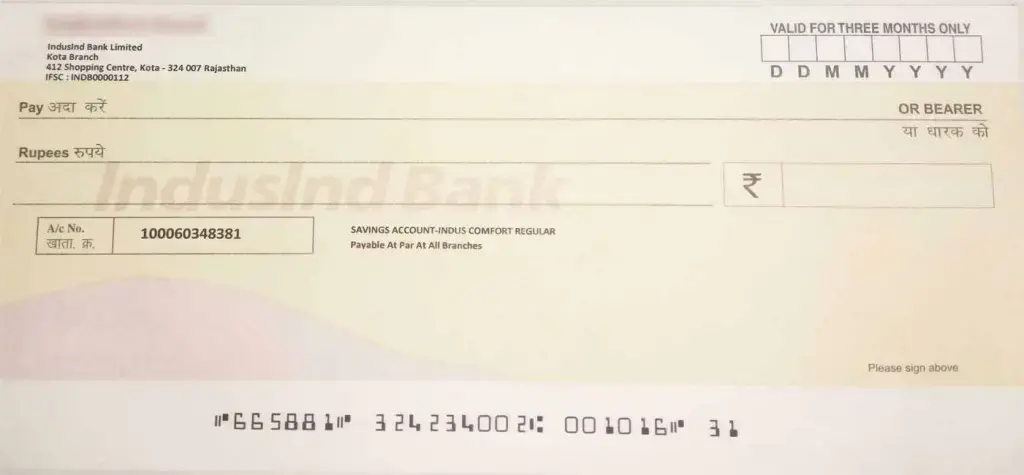
Download IBPS Question Papers with Answer Keys - Free PDF
Crossed Cheque
A person can issue a crossed cheque to write an “account payee” between two parallel lines in the left side of cheque.
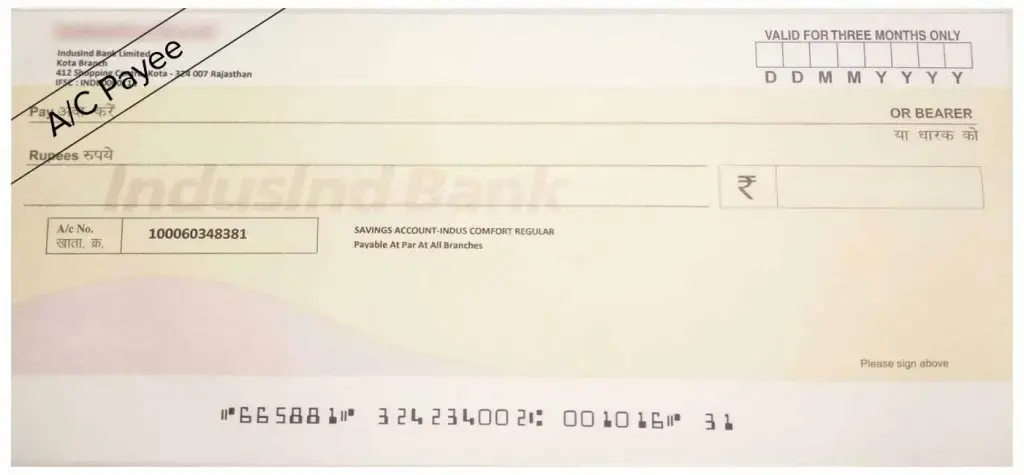
Order Cheque
A person can issue an order cheque to cross the word “OR BEARER” by a line.
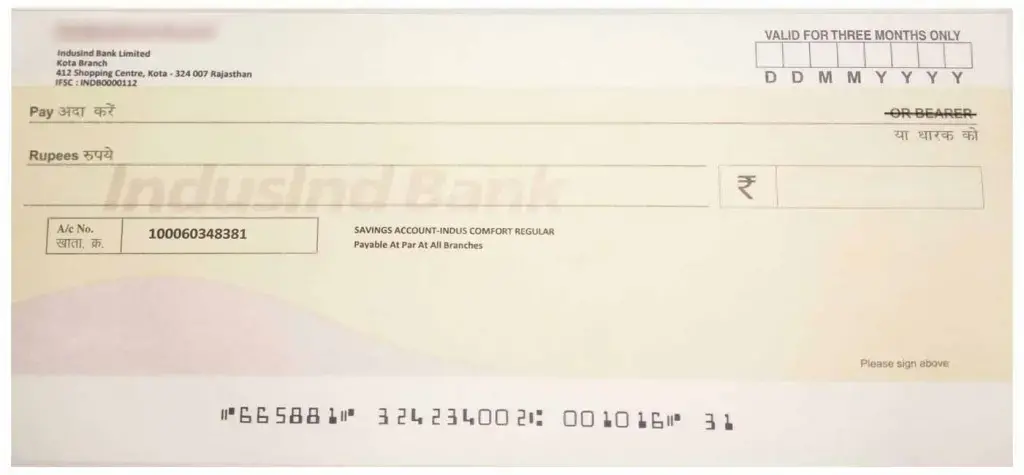
Bearer Cheque
Every cheque is a bearer cheque if it has a word “OR BEARER”.
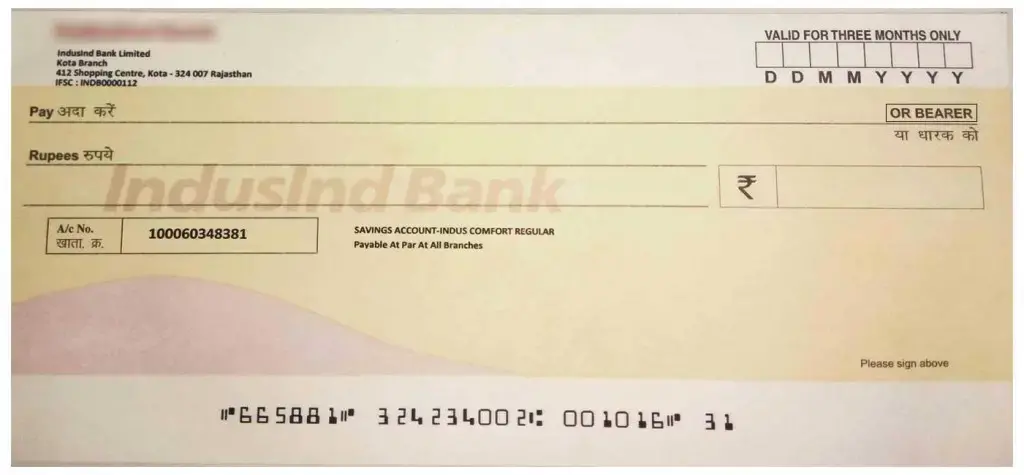
Get Free IBPS Paper Analysis by Experts.
Post Dated Cheque
A person can issue a postdated cheque to write a future date on the cheque.
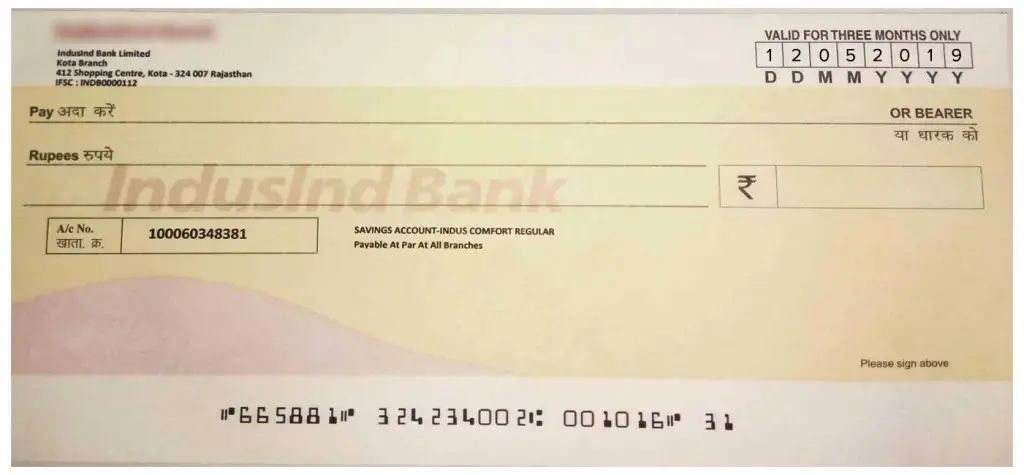
Stale Cheque
If a drawer issues a cheque and payee doesn’t pay it after three months of the mentioned date on the cheque also, then this type of cheque is called stale cheque.
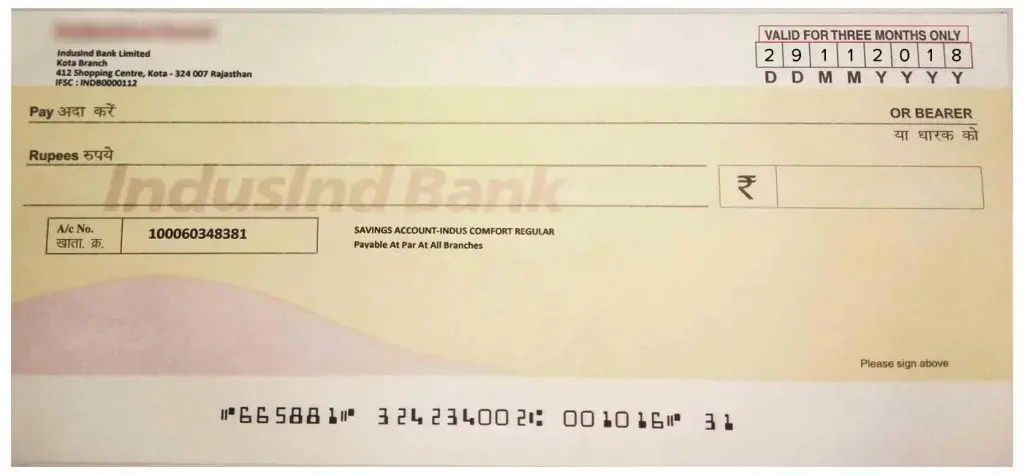
Travelers Cheque
It is used by a person who is going to abroad.

In the all above topics bank functions are mostly asked in interview round. We hope, now you are confidently preparing for IBPS Interview. We have discussed the complete details of Reserve Bank of India in our next article.
However, if you have any doubt regarding this article, you can ask our experts through the comment box. We will definitely try to solve your queries as soon as possible. And, if you found this article helpful, then share with candidates who are preparing for IBPS Interview.
Click Here to Read Part 1 Click Here to Read Part 3



